News Story
Learning Analytics for Awareness and Reflection: Highlights of the 6th ARTEL Workshop
Tuesday 20 Sep 2016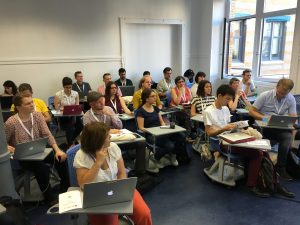
The 6th Workshop on Awareness and Reflection in Technology Enhanced Learning (ARTEL) took place on September 13th in Lyon, France, in the context of the 11th European Conference on Technology Enhanced Learning (EC-TEL). The workshop was chaired by Alexander Mikroyannidis (The Open University), Michael Prilla (University of Bochum) and Milos Kravcik (RWTH Aachen University). The theme of this year’s ARTEL was:
“Learning Analytics for Awareness and Reflection: How can Learning Analytics methodologies and tools support awareness and reflection in different learning contexts?”
The workshop was attended by about 30 participants throughout the day, who actively contributed to discussions on the papers presented. The workshop programme featured 10 paper presentations, consisting of papers submitted to the workshop, as well as papers submitted to the International Journal of Technology Enhanced Learning (IJTEL) for a special issue edited by the ARTEL organisers. The presented papers covered a wide range of topics related to awareness and reflection in learning:
- Learning Analytics, Visualisations and Dashboards for Awareness and Reflection
- Collaborative/Social Reflection
- Reflection in the Workplace
- Literature Reviews
- Theoretical Contributions to Awareness and Reflection
Among the key take-away messages emerging from the paper presentations and the subsequent discussions, was the importance of data collection and dashboards for awareness and reflection, as well as the definition of the tasks and metrics that need to be considered for effective awareness and reflection. Participants debated that Learning Analytics, visualisations and dashboards can be useful but at the same time can add considerable cognitive load to learners and educators. It was suggested that personalisation and adaptation of awareness and reflection tools could address this load, although personalising one’s tools can add even more load as one is required to reflect on their reflection. Finally, it was agreed among participants that theoretical grounding is key for the design and development of awareness and reflection tools. Additionally, the evaluation results of such tools should offer feedback to the theoretical frameworks upon which the tools have been based.
The ARTEL papers will be published as open access in the CEUR workshop proceedings. The IJTEL papers will be published in the forthcoming special issue on Awareness and Reflection in TEL.
Related Links:
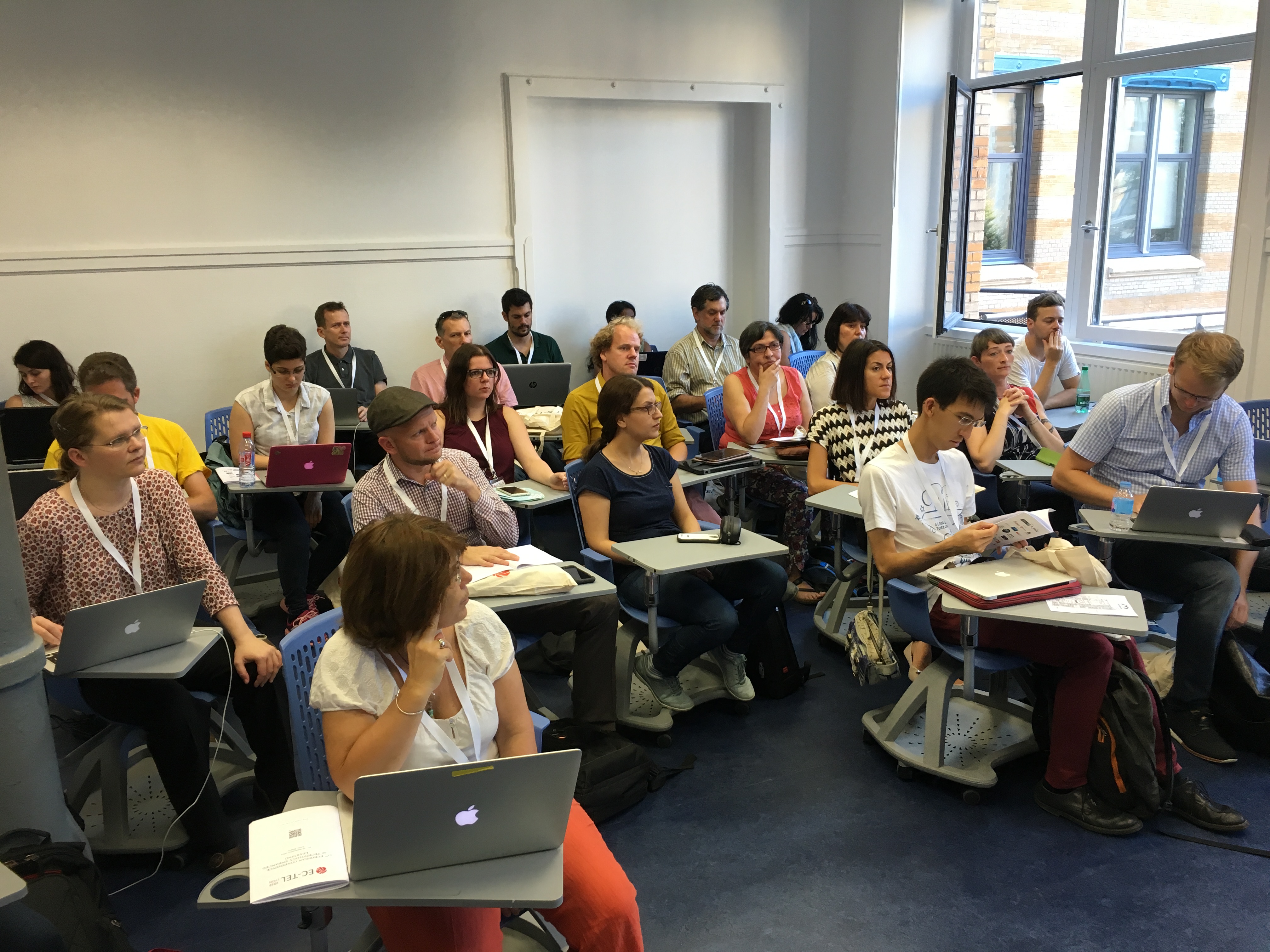
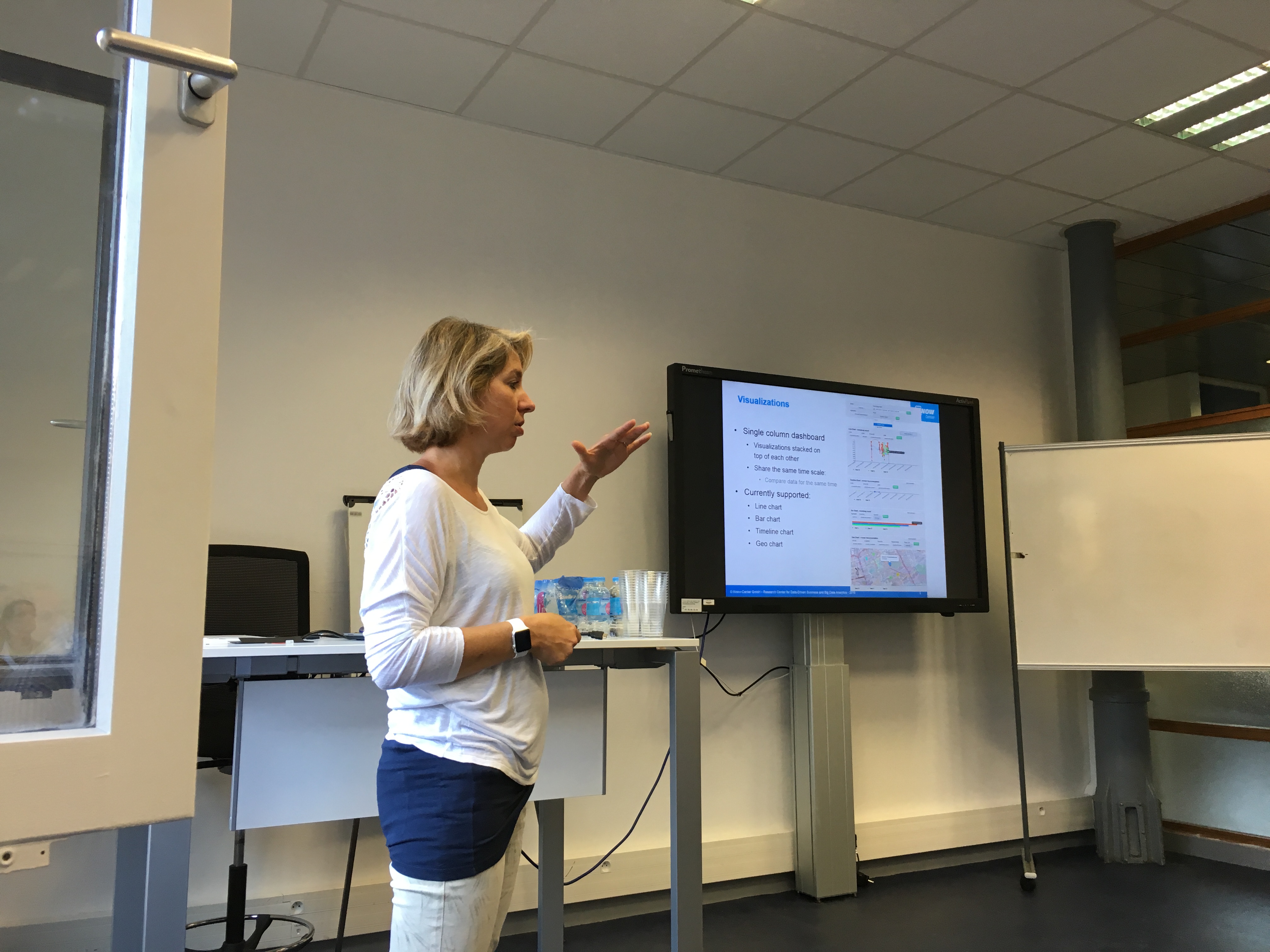
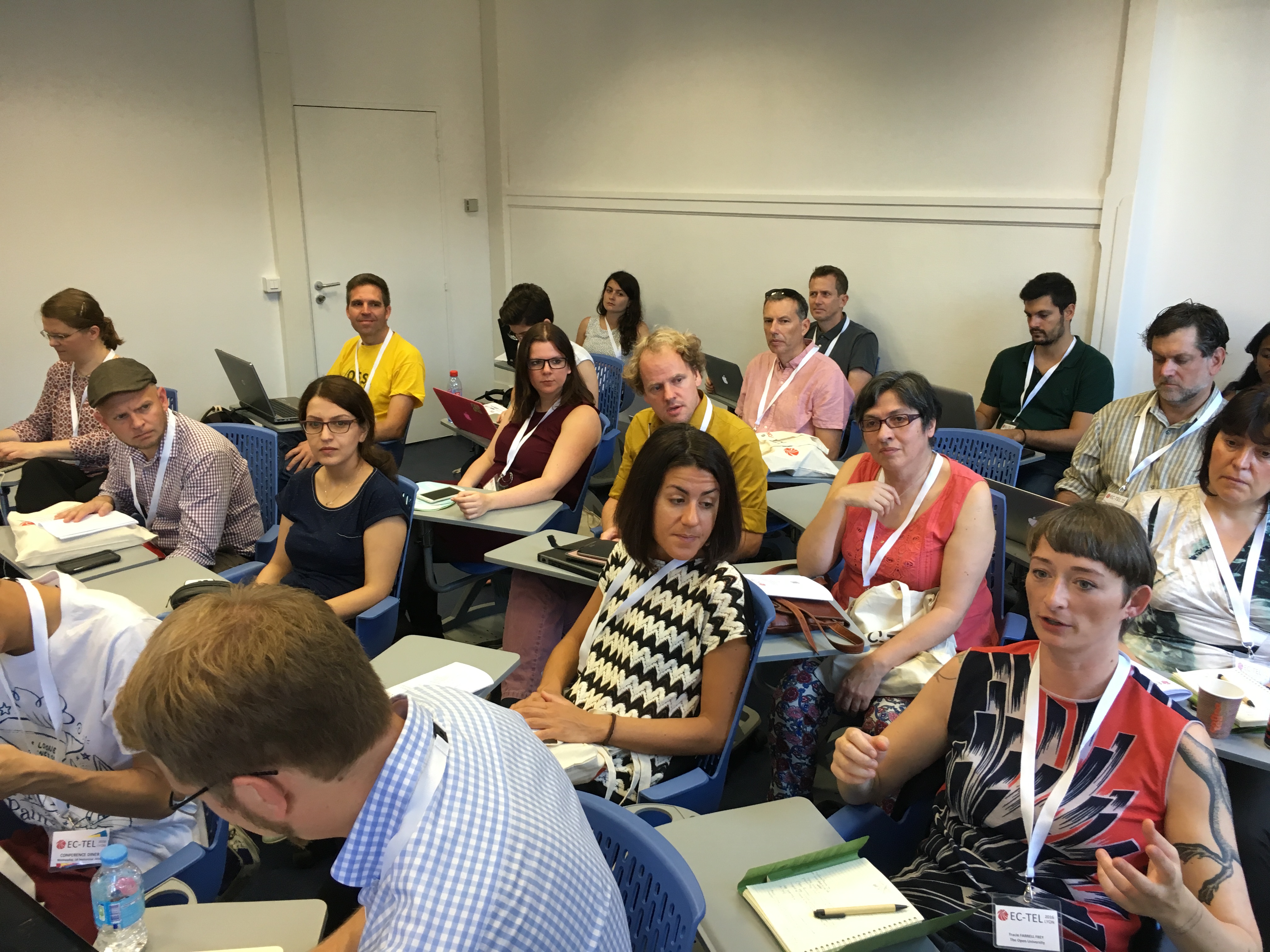
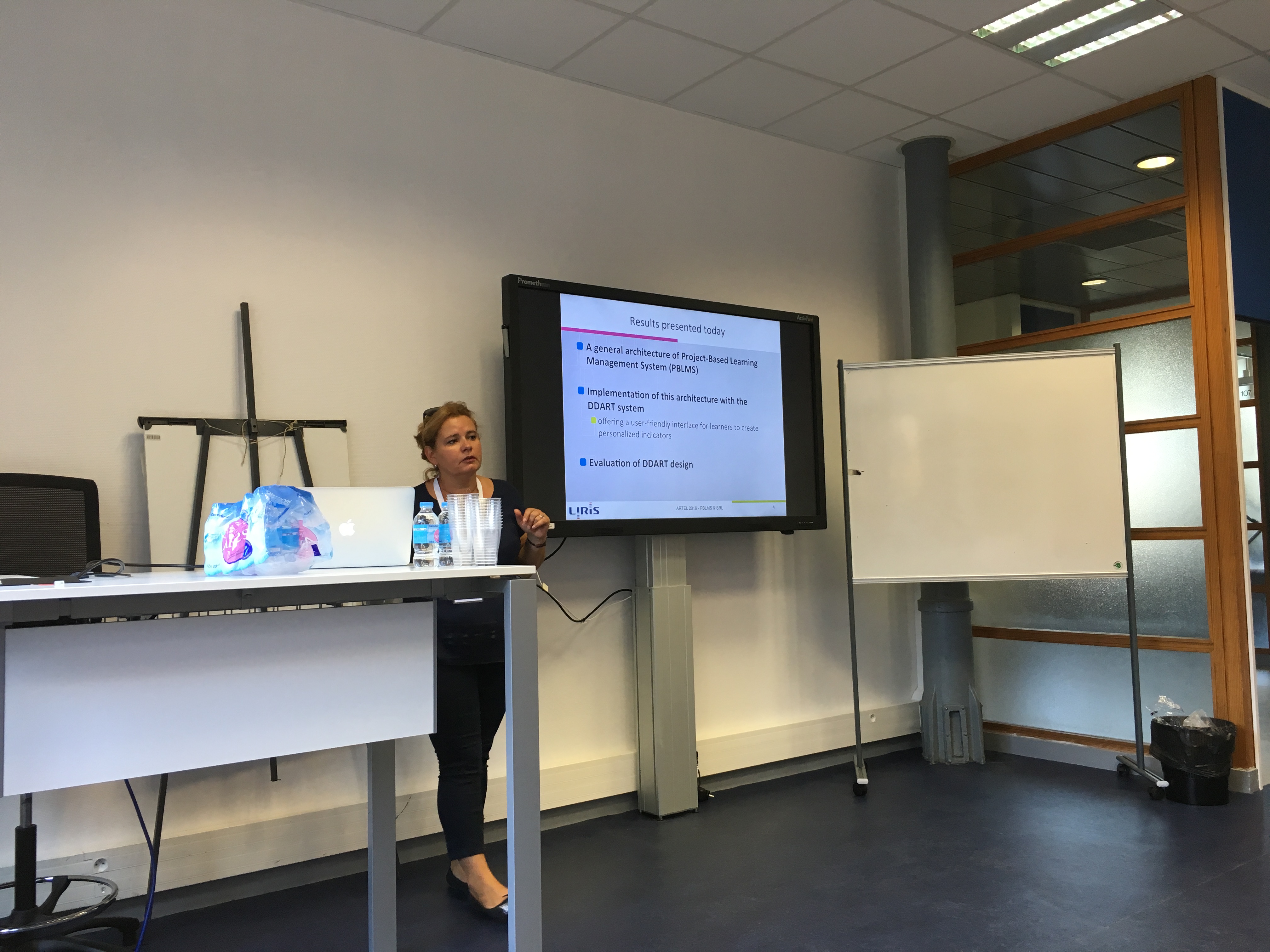
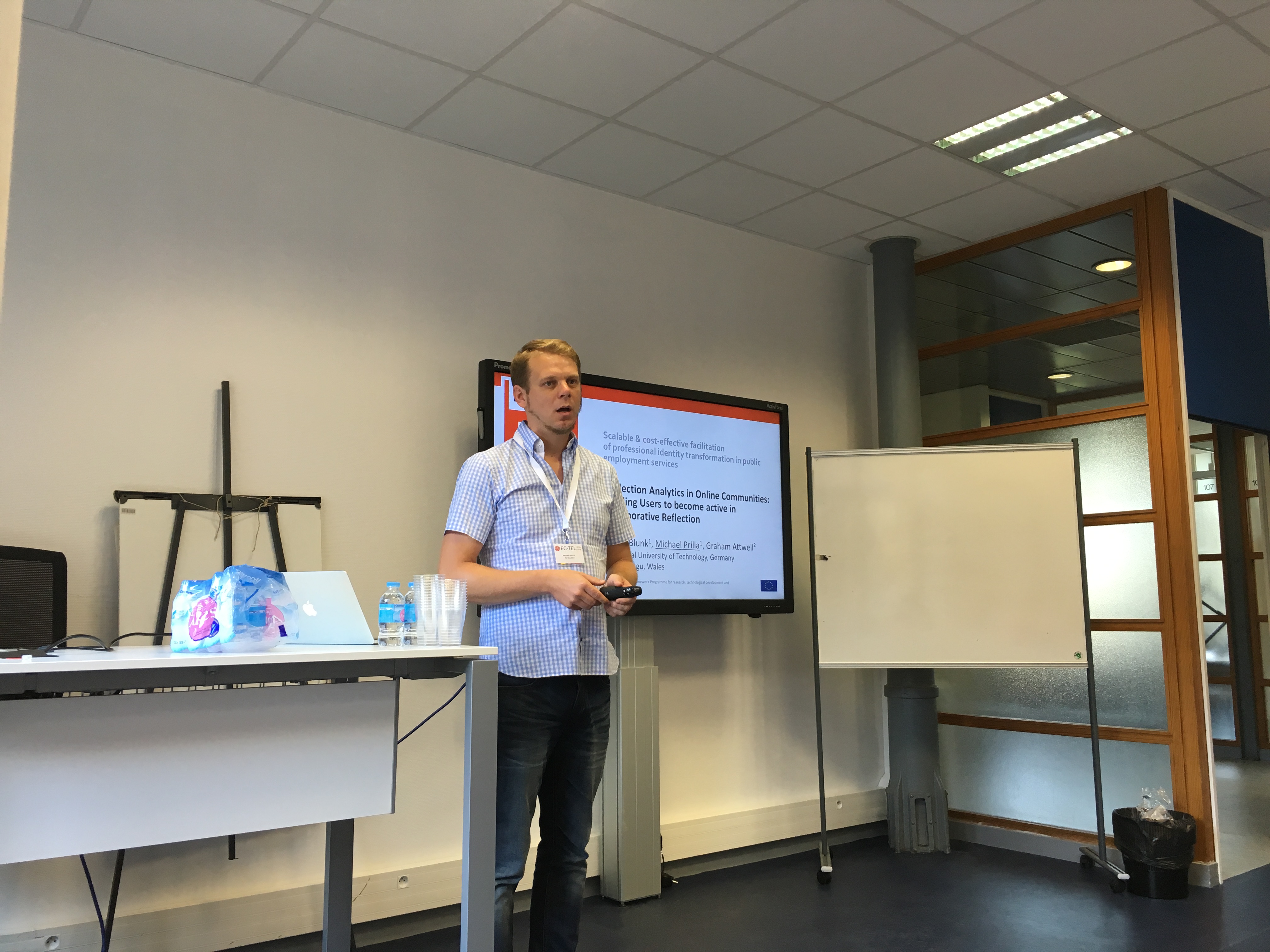
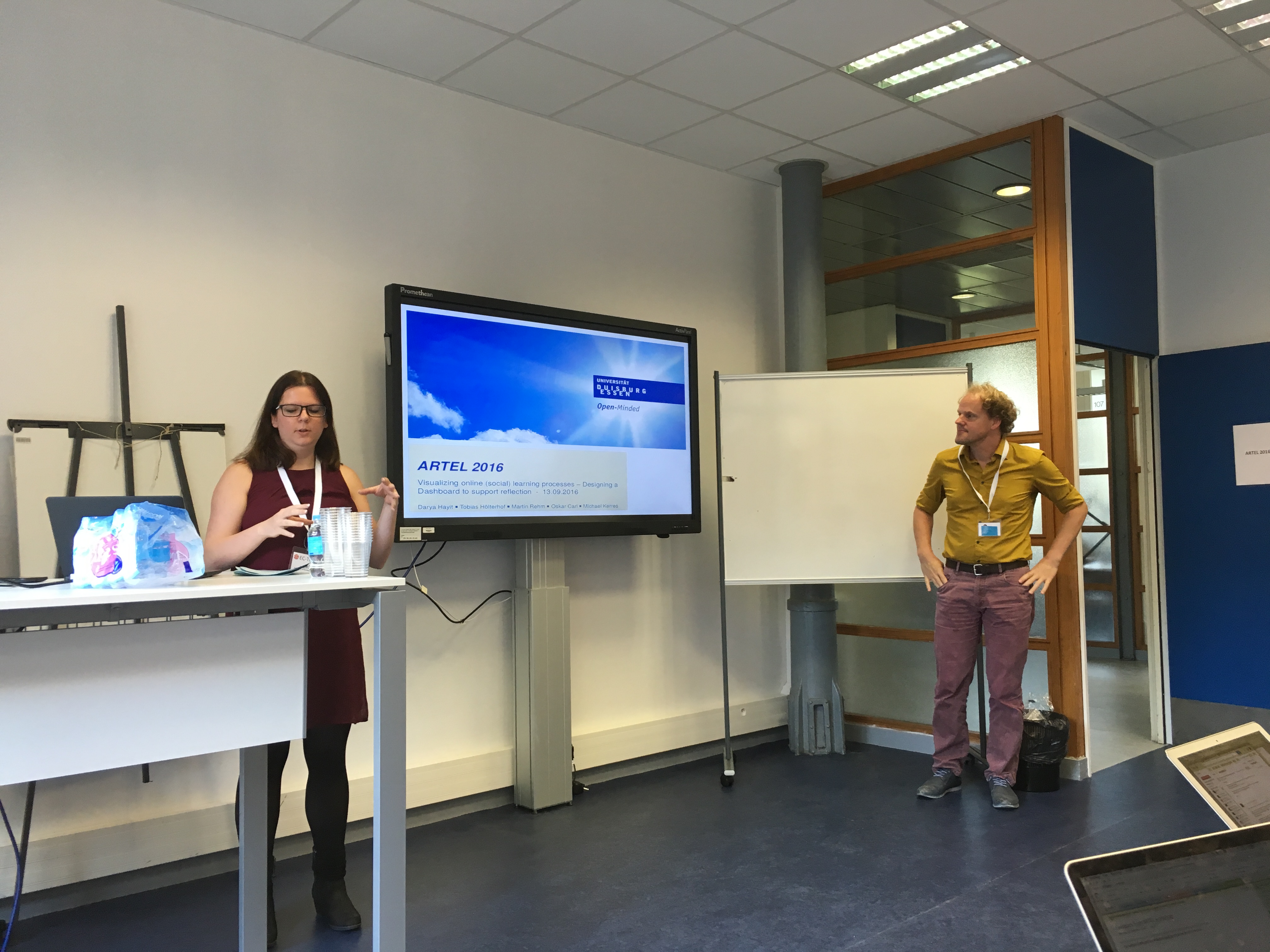
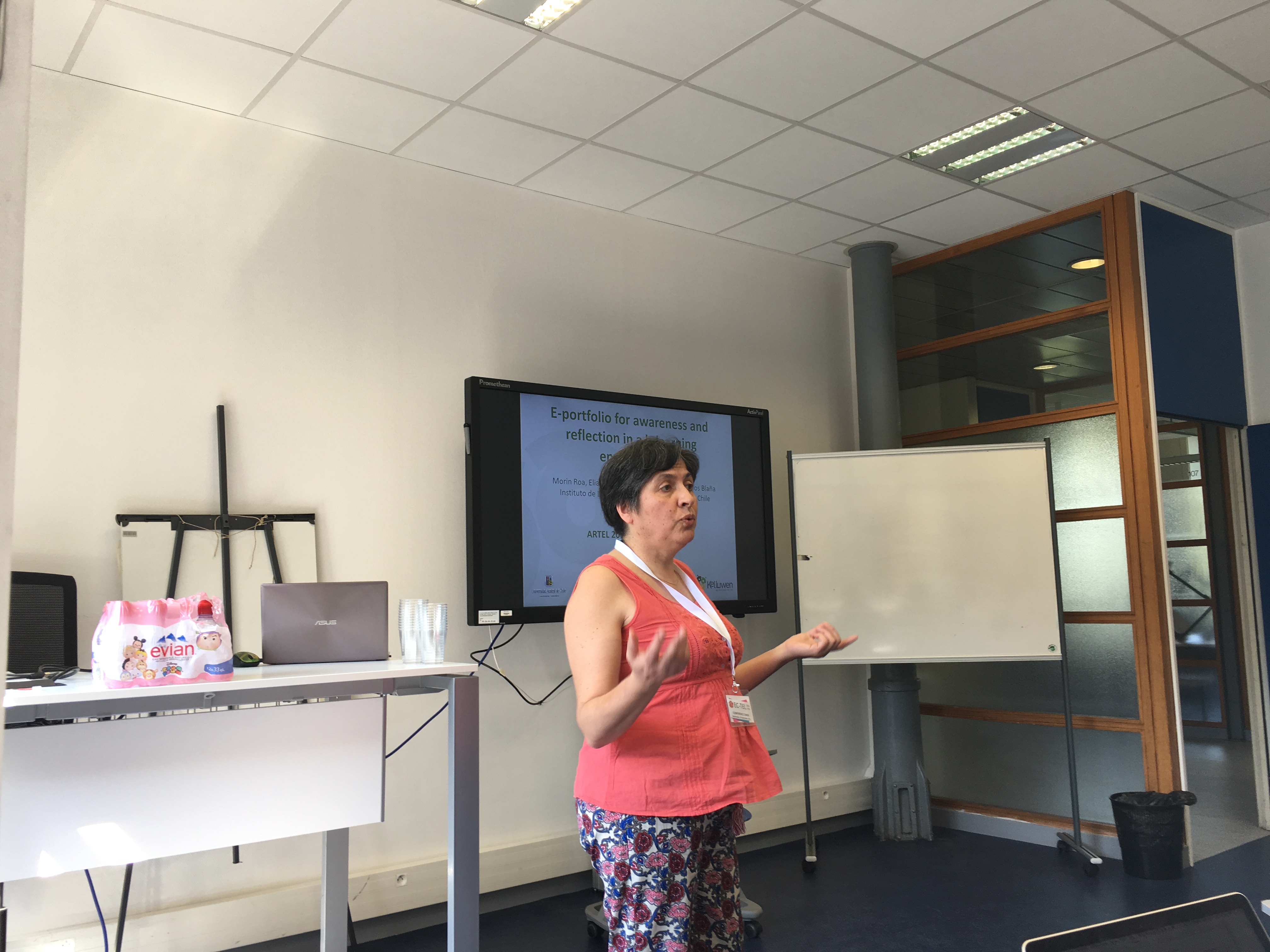
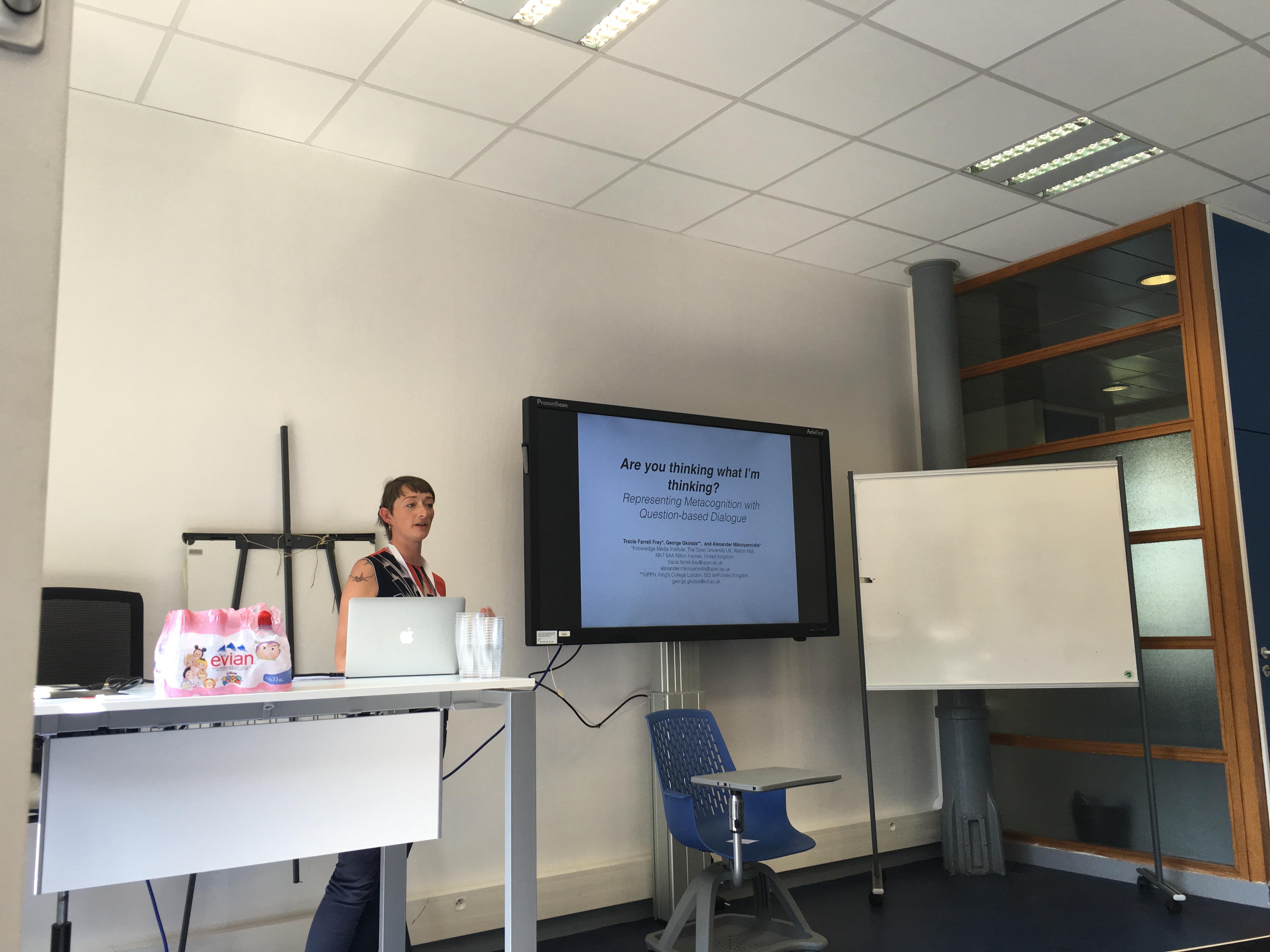
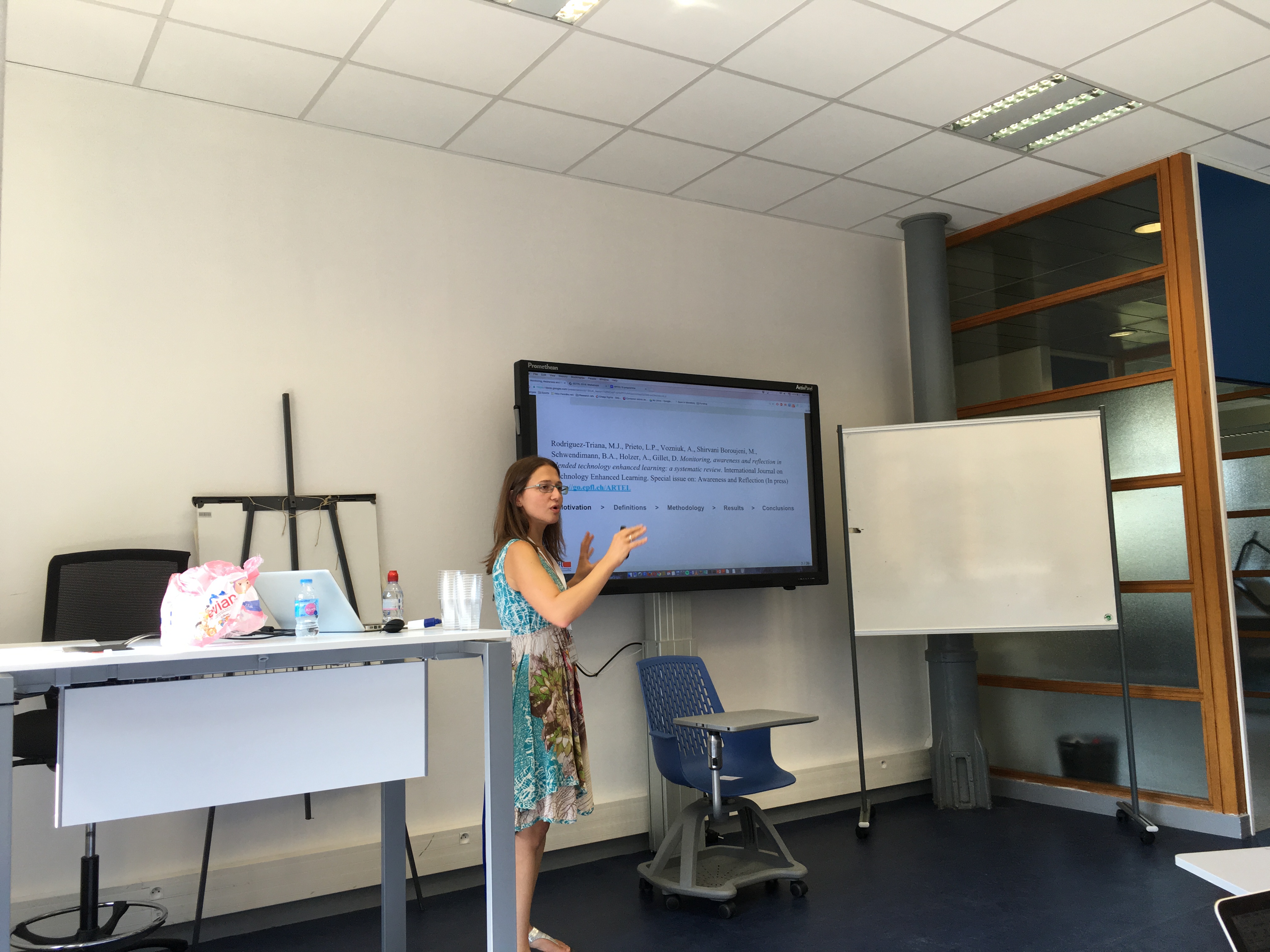
Latest News
KMi at the Palace of Westminster: Exploring Blockchain for Society and Economy
OUAnalyse at the Digital Ethics Summit 2025: Advancing Responsible AI in Education

